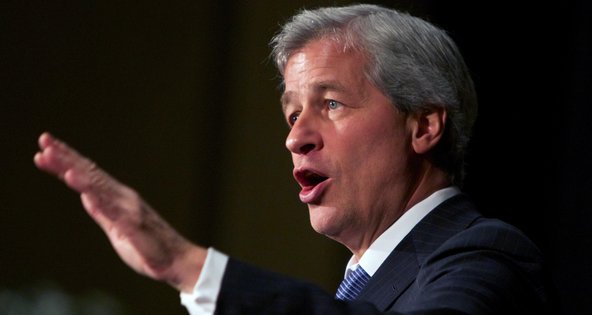After weeks of opposition to his candidacy from an array of progressives, the president’s inability to rally Congressional Democrats on Syria persuaded Mr. Summers that his most important audience — the Senate, which must confirm a Fed chairman — probably could not be won over.
He concluded that the White House was also unlikely to overcome opposition to his candidacy from many of the same Democrats, who view him as an opponent of stronger financial regulation, according to supporters who insisted on anonymity to describe confidential conversations with him.
“Clearly Obama couldn’t bring his own most enthusiastic supporters to back him on an issue of national security,” one supporter said. “How was he going to corral them for Larry?”
Mr. Summers’s decision, which he shared with the president in a phone call Sunday followed by a letter, was described as reluctantly made and reluctantly accepted. Mr. Summers wanted the job and Mr. Obama wanted to pick him. But the public opposition of three Democrats on the Senate banking committee, the first step in the confirmation process, surprised the White House and forced a calculation that this was a battle the administration could not afford to fight.
The embarrassing setback reveals an administration increasingly hamstrung by occasional opposition of liberal Democrats, not just its familiar Republican opponents. It adds to the rocky nature of Mr. Obama’s fifth year, following the failure of a gun-rights bill, the stalling of an immigration overhaul and the lack of progress on a budget deal, on top of the back-and-forth over whether to conduct airstrikes in Syria to punish the Assad regime for a poison gas attack that killed hundreds of civilians.
The withdrawal of Mr. Summers also leaves great uncertainty around the selection of a new Fed chairman, one of the most important economic policy decisions Mr. Obama will make in his second term. The successor to Ben S. Bernanke, the current chair, will shape how much longer and harder the Fed pushes to boost economic growth and reduce unemployment. The next Fed chairman will play a leading role in determining how forcefully the government seeks to constrain the financial industry.
White House officials have described Janet Yellen, the current vice chairwoman, as a finalist, and her candidacy has received widespread attention, but it remains unclear how seriously Mr. Obama is considering her. He does not know her well and White House aides have seemed unenthusiastic about her, despite the substantial support she enjoys from Democrats and outside economists.
If Mr. Obama does not name her — or Timothy F. Geithner, the former Treasury Secretary and Fed official who is well-liked by the president but said to be uninterested in the job — many Fed watchers say they are uncertain where the president will turn.
Mr. Bernanke plans to step down at the end of January, leaving ample time for the Senate to confirm a replacement, but the uncertainty has unsettled financial markets just as the Fed, which is beginning to retreat from its stimulus campaign, tries to assure investors that it will not move too quickly
In a statement released by the White House on Sunday afternoon, Mr. Obama said he had accepted the decision by his friend, whom he praised for helping to rescue the country from the financial crisis that peaked in 2008.
“Larry was a critical member of my team as we faced down the worst economic crisis since the Great Depression, and it was in no small part because of his expertise, wisdom and leadership that we wrestled the economy back to growth and made the kind of progress we are seeing today,” Mr. Obama said in the statement.
He added: “I will always be grateful to Larry for his tireless work and service on behalf of his country, and I look forward to continuing to seek his guidance and counsel in the future.”
The withdrawal ends an unusually public and contentious debate that began when the president declared in a televised interview in June that Mr. Bernanke would depart, opening the replacement process to public scrutiny before a nominee was even named.
Mr. Summers had long been viewed by Mr. Obama and his economic advisers as Mr. Bernanke’s presumptive replacement.

Article source: http://www.nytimes.com/2013/09/16/business/economy/summers-pulls-name-from-consideration-for-fed-chief.html?partner=rss&emc=rss

